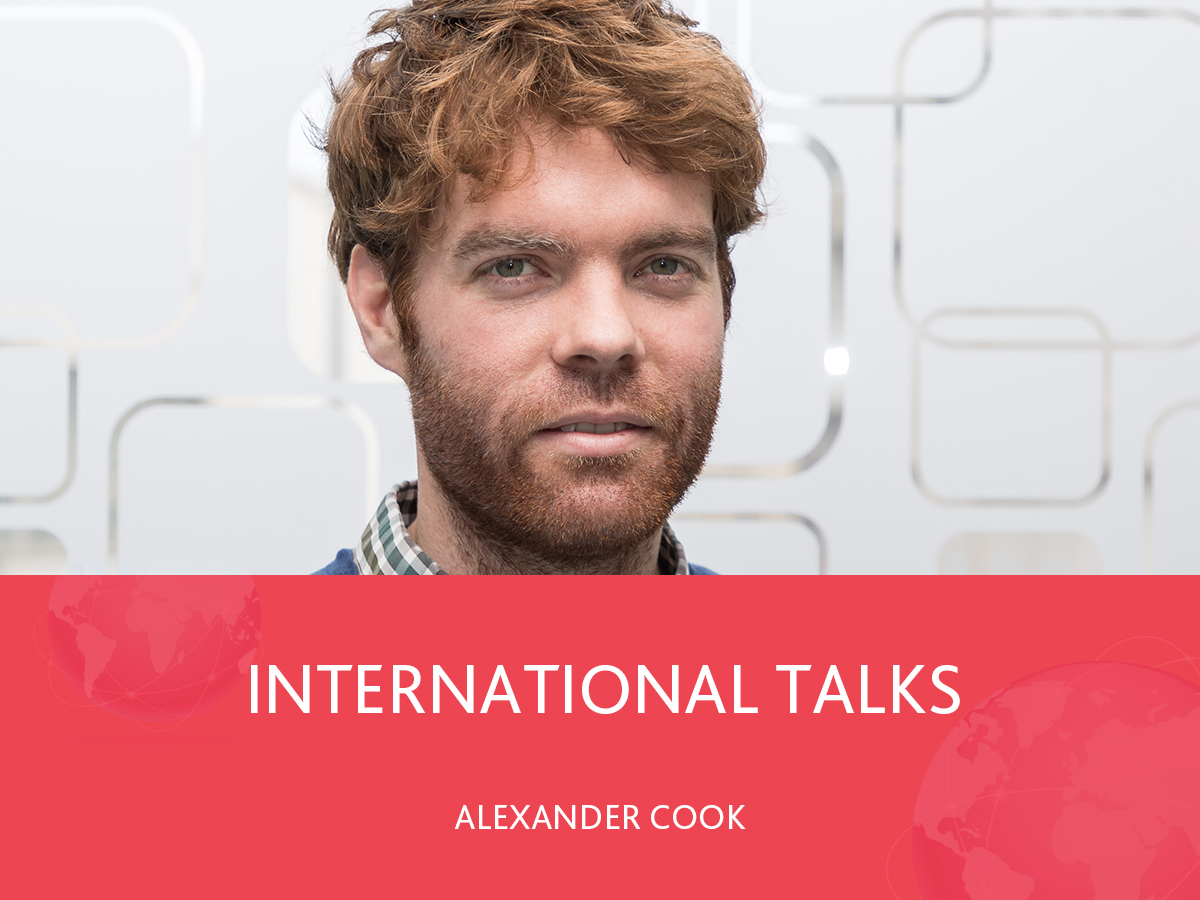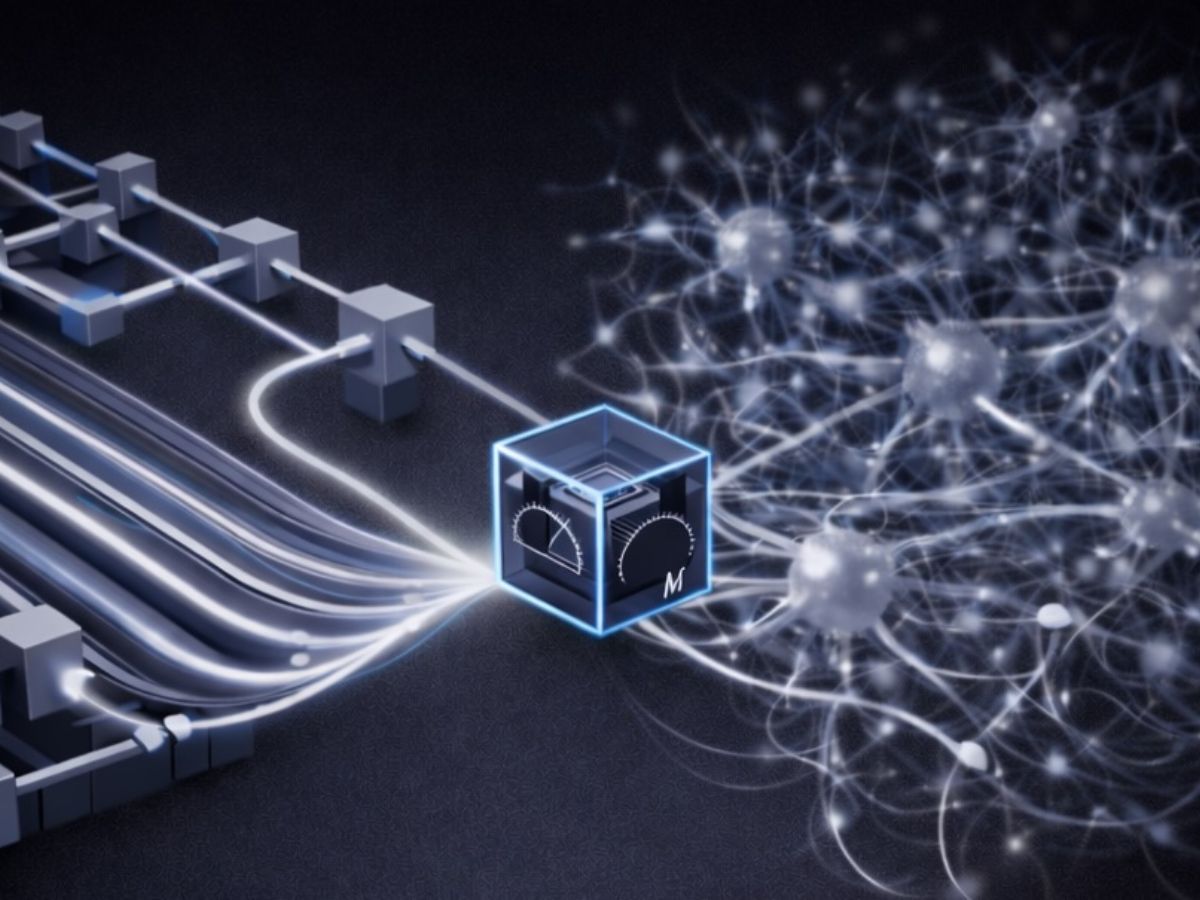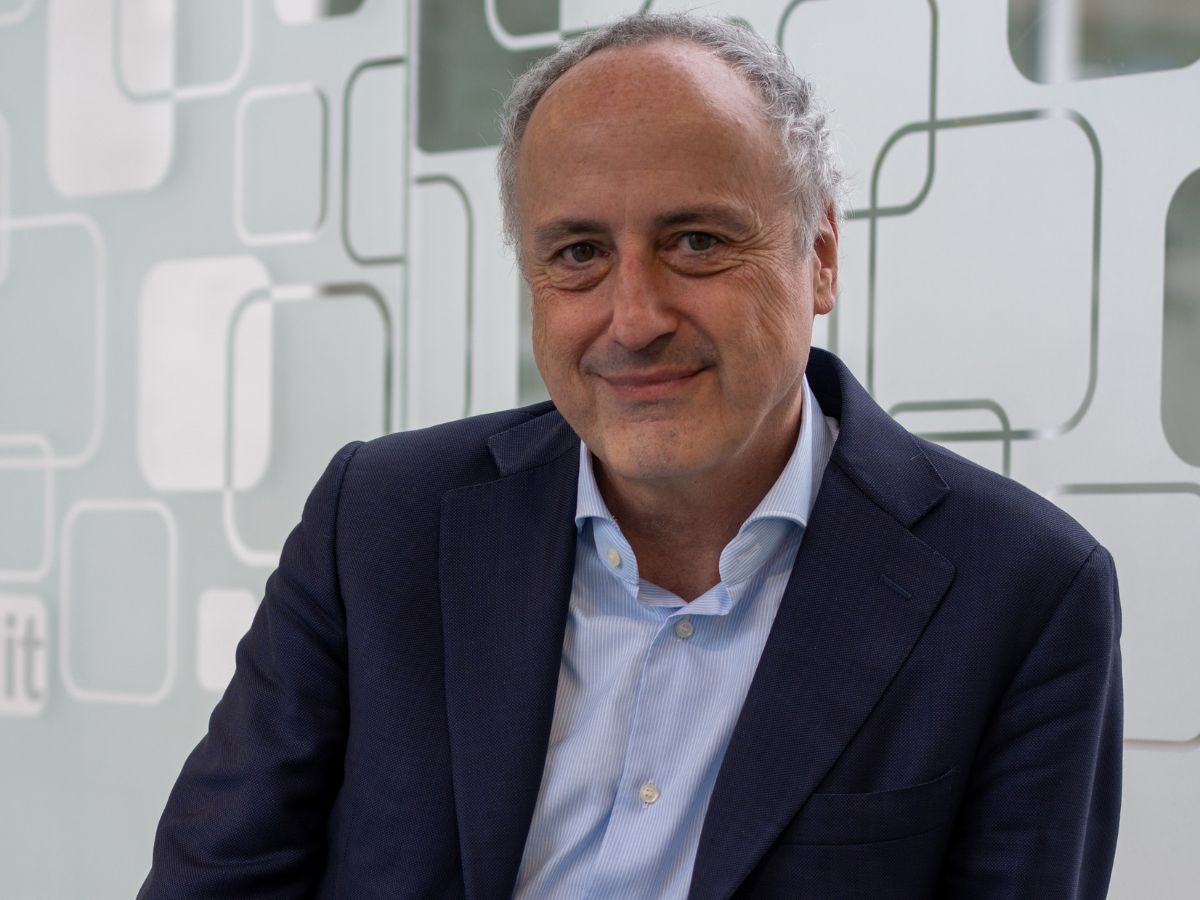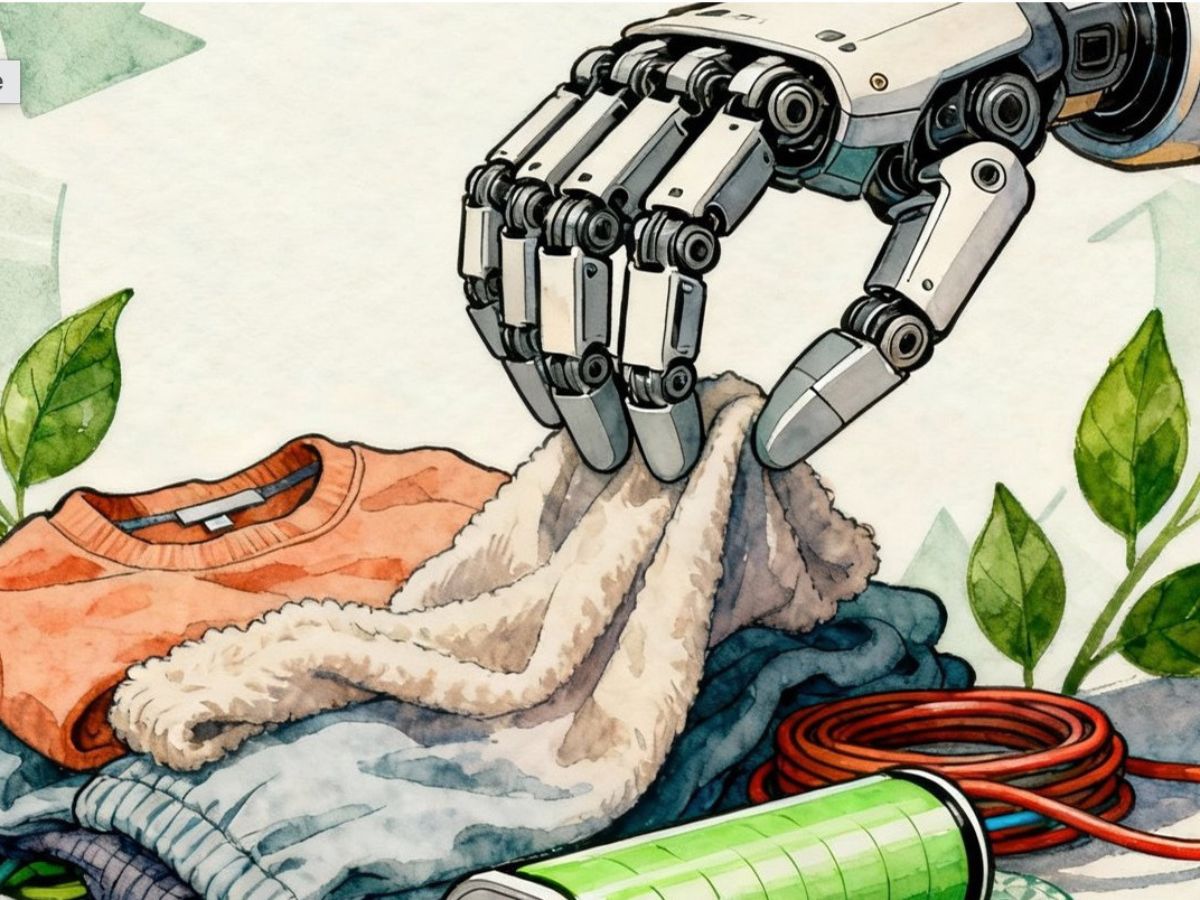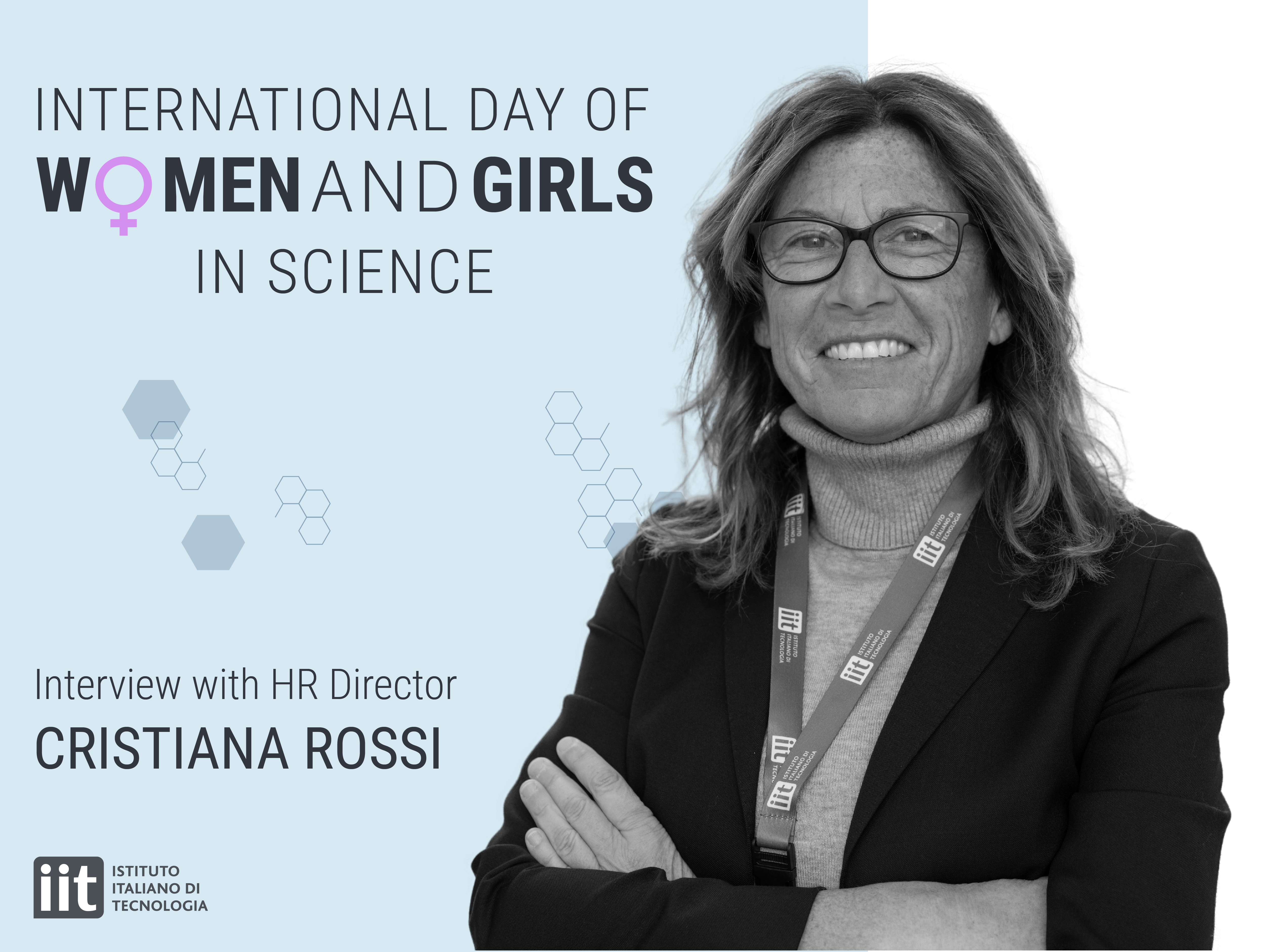Drug delivery vehicles for brain diseases
Having completed my PhD in the UK in early 2018, I was eager for new challenges and new scientific opportunities. The prospect of conducting research in a world-class institute in sunny Italy proved to be too attractive to pass up, and I made use of my EU citizen freedom of movement rights, to relocate to Genova in March 2018. When I arrived in Genova there was an epic snowstorm with the steep road to IIT being unpassable, I had to slip and slide my way up the hill to my first day of work. Nevertheless, I was excited to start my first post-PhD position here in IIT, in such a vibrant atmosphere.
I am currently a Marie Sklodowska Curie Actions (MSCA) research fellow working as part of a larger EU project on multiscale technologies for the diagnosis, detection and treatment of complex genetic diseases. This project has 16 partners (universities, institutes, companies, etc.) throughout Europe, Israel, and the US. It is proving to be such a great experience being involved in this project, first because I can conduct collaborative research to ask questions usually not able to be tackled in smaller scale projects, and secondly because I can travel and meet people in different countries.
My research involves the use of materials science in biological applications, more specifically the investigation of stimuli responsive polymeric nanoconstructs for use as drug delivery vehicles in the treatment of neurological diseases and glioblastoma. We are trying to answer questions like: can we use polymer materials to encapsulate therapeutic molecules and have them be released with specific biological signals at the diseased site – where the drugs are most needed. To reply to this I am combining my background in synthetic polymer chemistry, with lithographic materials engineering methods applied to medical problems. We are developing materials of precise geometries and controlled mechanical properties to hopefully allow much more effective treatments.
As MSCA fellow I have the opportunity to travel, conducting research visits in the location of a project partner. This is a considerable benefit, and offers the chance to exchange knowledge and learn more about certain advanced characterisation techniques, and applications of our nanomedicine research in new applications from project partners. I believe this mobility will definitely nurture other life skills in addition to the more obvious academic life opportunities. Networking is also an important part of any early career researcher’s development. While being a MSCA Fellow I have had many possibilities to meet experts and distinguished professors while attending conferences and training events. Finally, I am fortunate to have access to the Marie Curie Alumni Association (MCAA) network, both now and after the conclusion of my fellowship. I recently attended an Italian MCAA local chapter meeting in Bologna, and found it a really great way to meet new people and share experiences of being scientists abroad. The annual MCAA general assembly is also a good way to meet other researchers – I plan to attend the next one, which will be in Croatia!
Applying for research funding is an important step for young researchers. The Marie Curie fellowships are an excellent avenue to learn about this process and, with some luck, will lead to new ideas, opportunities to apply for future funding, and maybe a permanent research position down the line.
I am very happy to be working in such an international and ambitious atmosphere at IIT. I have been able to experience new scientific techniques, collaborate with people from different fields, and make new friends – all while being associated to the European Commission and its worthy goals of fostering excellent science and tackling important societal challenges.
I can say without a doubt that working in Italy and the MSCA have expanded my horizons.
___
Alexander is a Researcher and Marie Sklodowska-Curie Cofund Fellow in the Laboratory of Nanotechnology for Precision Medicine at IIT’s central lab in Genova. His research addresses new ways to treat various diseases, including neurological disorders as part of the MINDED project. Having lived in the beautiful green countries of New Zealand, Italy, and the UK, he very much enjoys outdoor sports and mountains. Find him on twitter @alexcook222.
This project has received funding from the European Union’s Horizon 2020 research and innovation program under the Marie Skłodowska-Curie grant agreement No 754490.

